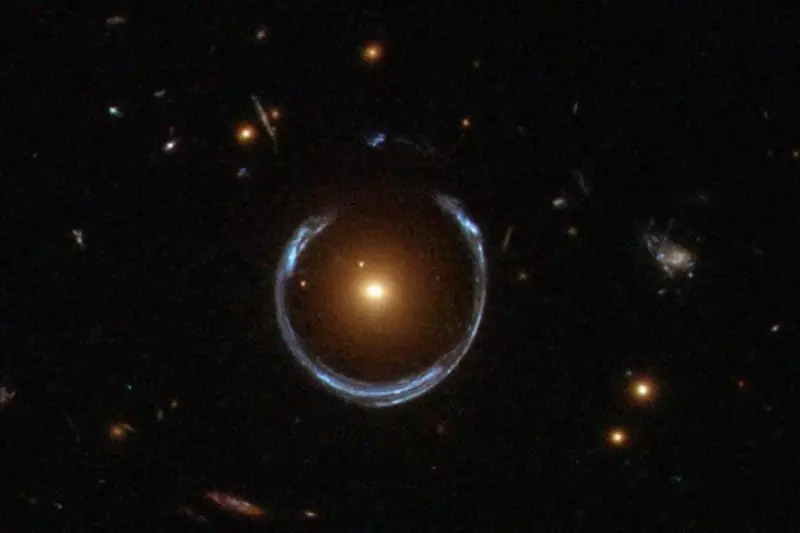
In a groundbreaking astronomical breakthrough, researchers have uncovered the largest black hole ever detected in the observable universe. This cosmic behemoth, with a mass billions of times that of our Sun, challenges existing theories about the formation and growth of these mysterious celestial objects.
A Record-Breaking Discovery
The newly identified black hole dwarfs previous record-holders, with measurements suggesting it's significantly more massive than anything scientists had previously encountered. Its discovery was made possible through advanced telescopic observations and sophisticated data analysis techniques.
What Makes This Black Hole Special?
- Unprecedented size exceeding theoretical predictions
- Located in a distant galaxy cluster
- Provides new insights into early universe formation
- Challenges current models of black hole growth
Implications for Astrophysics
This discovery forces scientists to reconsider how supermassive black holes form and evolve. The sheer scale of this object suggests either our understanding of their growth mechanisms is incomplete or that we're witnessing an exceptionally rare cosmic phenomenon.
"This black hole is pushing the boundaries of what we thought was possible," commented one lead researcher. "Its existence may require us to revise fundamental aspects of astrophysical theory."
How Was It Found?
Astronomers employed a combination of techniques including:
- Gravitational lensing observations
- X-ray emissions analysis
- Detailed measurements of surrounding star movements
The findings, published in a leading scientific journal, represent a significant milestone in our exploration of the cosmos and open new avenues for understanding the most extreme objects in the universe.





